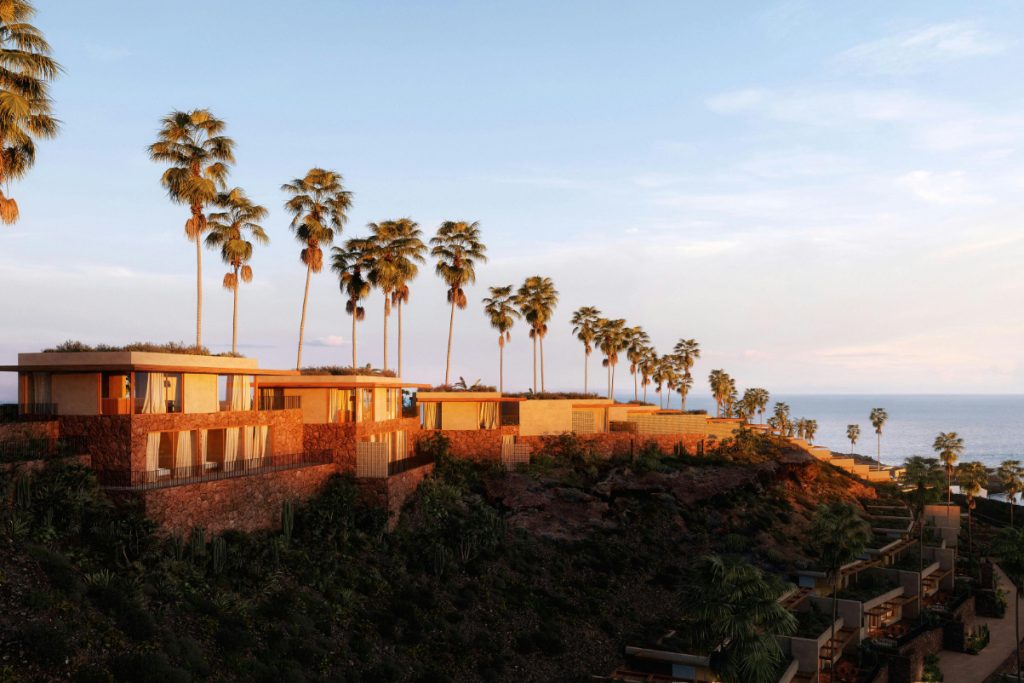Thousands of residents took to the streets of Tenerife, the largest of Spain’s Canary Islands, in protest against tourism growth. The protests were sparked by a vote in Spain’s parliament to allow the construction of a hotel and eco-resort, Cuna del Alma, which activists believe will harm the environment along the southern coast of Tenerife. The protestors are calling for a new tourism model that puts the needs of locals first, including a pause on all new short-term rentals and the implementation of a tourism tax. The event was organized by Canarias Se Agota, an activist group with 10,000 Instagram followers, who are demanding a halt on all tourism development projects.
Tourism plays a significant role in the economy of the Canary Islands, accounting for approximately one-third of the region’s gross domestic product. While beneficial for the economy, tourism is also driving up housing costs and putting pressure on infrastructure, according to protestors. The population of the Canary Islands is 2.2 million, and the region saw nearly 14 million foreign tourists in 2023, representing a 13% increase from the previous year. Authorities are concerned about the impact of this influx of visitors and are considering new regulations to address complaints from residents who are being priced out of the housing market.
In response to the growing concerns about the negative effects of tourism on the Canary Islands, Spanish officials are proposing new rules that would require vacation rentals to be a minimum size and that the buildings they are located in be at least a decade old. This is part of a broader effort to regulate the tourism sector and address the challenges faced by local residents. The protests in Tenerife highlight the need for a more sustainable approach to tourism development that takes into account the needs and concerns of the community.
The protest on Saturday in Tenerife is just one example of the growing pushback against unsustainable tourism practices in popular tourist destinations around the world. As travel continues to increase, residents in these areas are feeling the negative impacts of overcrowding, rising prices, and strained infrastructure. In response, activist groups like Canarias Se Agota are calling for a reevaluation of the current tourism model and for greater consideration of local interests in decision-making processes. The protests serve as a reminder of the importance of balancing the economic benefits of tourism with the preservation of natural resources and the well-being of local communities.
The tensions between residents and businesses in Tenerife reflect a broader conversation taking place globally about the future of tourism and the need for more sustainable practices. While tourism can bring economic opportunities and growth, it also has the potential to disrupt local ecosystems, cultures, and economies. As destinations grapple with the challenges of overtourism and unsustainable development, it is essential to involve all stakeholders, including residents, businesses, and policymakers, in finding solutions that prioritize the long-term well-being of both people and the planet. The protests in Tenerife are a powerful demonstration of the growing demand for a more responsible and inclusive approach to tourism that benefits everyone involved.


